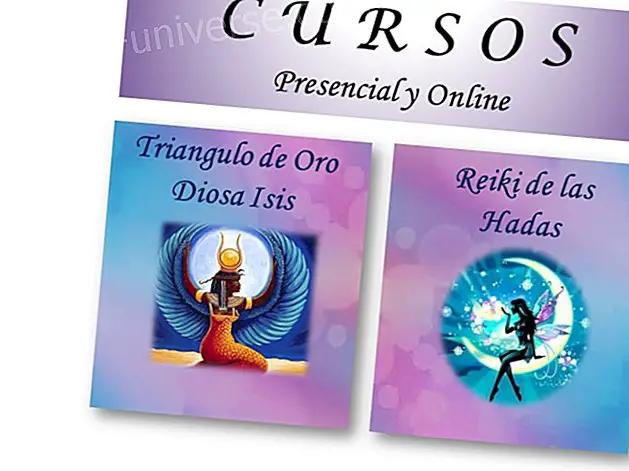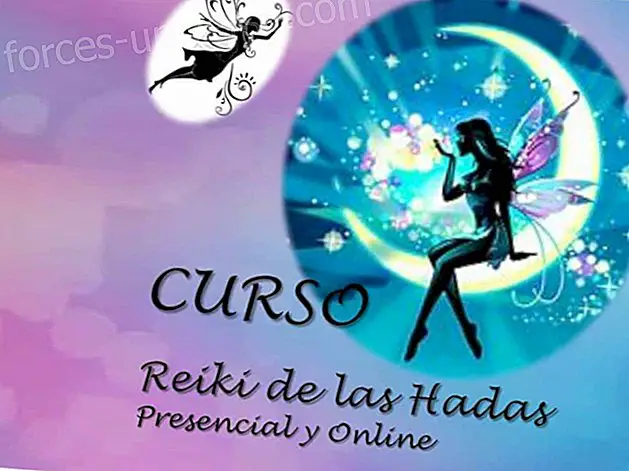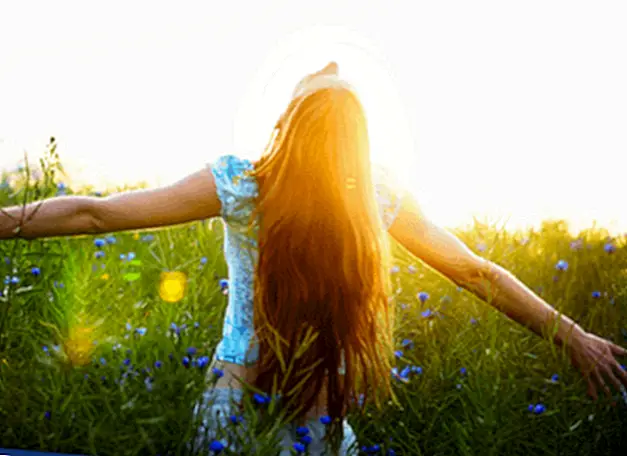
We all have in our power the education children receive. Early childhood education, taught to children between 0 and 6 years old, is essential; because in it are the first experiences and contacts with the world. This marks the growth and connection between the body and space, thus creating consciousness, better known as the knowledge we have of our own existence, of our state and our actions.
Both families and teachers, or specialists, are educational sources that have the appropriate guidance to educate autonomous and conscientious children . But what do we mean by a conscious child? Well , a conscious child is a being who has special characteristics, recognizing and enriching them, as he discovers himself, in the first stage of his life. An infant learns from its surroundings, acquiring both beneficial and harmful information, depending on the conditions and society in which it is found. However, it is we adults who are responsible for guiding them, but not over protecting them, and thus ensuring that they themselves potentiate their judgment and self-confidence; making it possible to differentiate between an opportunity and an adversity .
As educational sources, both innate and professional, we must be clear that a child is already trained healthily when he becomes aware. A healthy conscience and in progress. The above is achieved by educating with love in all subjects of his life, humanizing the academic and exploiting the psychological, because in this way we train loving children who will become loving adults, and with lovers I do not specifically refer to interpersonal or emotional relationships but, to the own loving relationship of each one of them. A child who manages to understand his value and his ability to discover and love himself as he is, will undoubtedly be a large person, born to focus on the good and positive, prepared to face situations or obstacles with love. A conscious love
One of the issues that have been discussed and strengthened over time, is the idea that each child is unique. Today's education cannot focus on a single methodology or position, since each child has its principles acquired at home, their study options, their culture, their beliefs, their ancestors and their conditions. This is why when working with children, a large field of fast information is opened from which one can learn progressively and bilaterally. The above is justified by seeing that a child is also a source of information and a source of energy, which takes the adult to the most innocent level of reflection, bringing to light the child within us.

Today, emotional development is the main engine of life. Well, we live in a world of sensations, where our five senses are exposed at all times. At this time it can be affirmed that children act as sponges in their first stage, absorbing the emotions and situations of their environment, especially those of great negative impact such as situations of domestic violence, divorces, early and sudden separations by parents, family calamities, abandonment, abuse, among others. This directly and indirectly affects the child's growth, both intellectual and emotional. Both concepts mentioned go hand in hand during the stage of early childhood education, and it is here that institutions such as homes must take action on the matter and be very careful to protect and defend that conscious child that we intend to train as such. Otherwise, it is clear that any negative issue or condition will affect your learning process, threatening and risking your future, hence that of a new generation of society.
All of the above forces us to highlight the need to educate children with a lot of love and conscience. It is unacceptable not to value that wonderful moment where a child exploits his curiosity and wonders about the world. A child carries within himself a biological need to understand the environment in which he will fulfill a mission and express a talent. To achieve this, it is essential to provide a child education worthy of being, based on love and awareness full of light; concepts for which a healthy child will play in front of the world.
In addition to the above, it is essential to apply several recommendations within a conscious early childhood education that aims to train human beings full of light from an early age. Every person who is in charge of a child, or is close to one, must understand it as a wonderful, powerful being and owner of our future. This is why we talk about forming hearts more than anything: not judging them, for they will learn to judge . Do not mistreat them, because they will learn to punish. Do not abandon them, for they will suffer from rejection . On the contrary; We must value them, accept their opinions, answer their questions without fear, push them to find their own answers. In short, to form healthy children, who discover their conscience and the ability to shine with their own light.
AUTHOR: Daniela Navarro, Editor of the great family of hermandadblanca.org
SOURCE: http://lamenteesmaravillosa.com/los-15-principios-de-maria-montessori-para-educar-ninos-felices/





